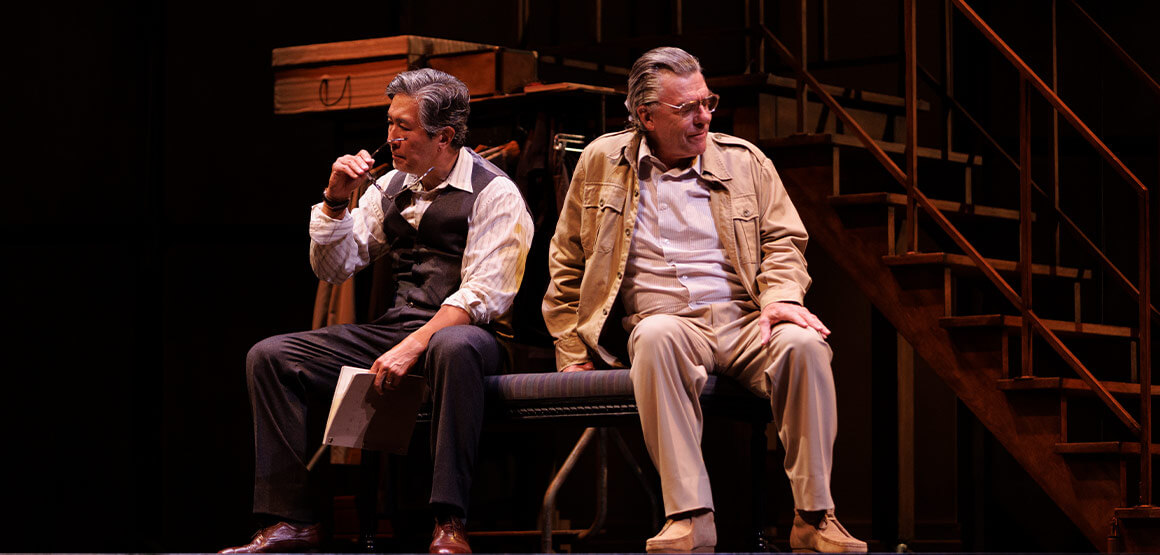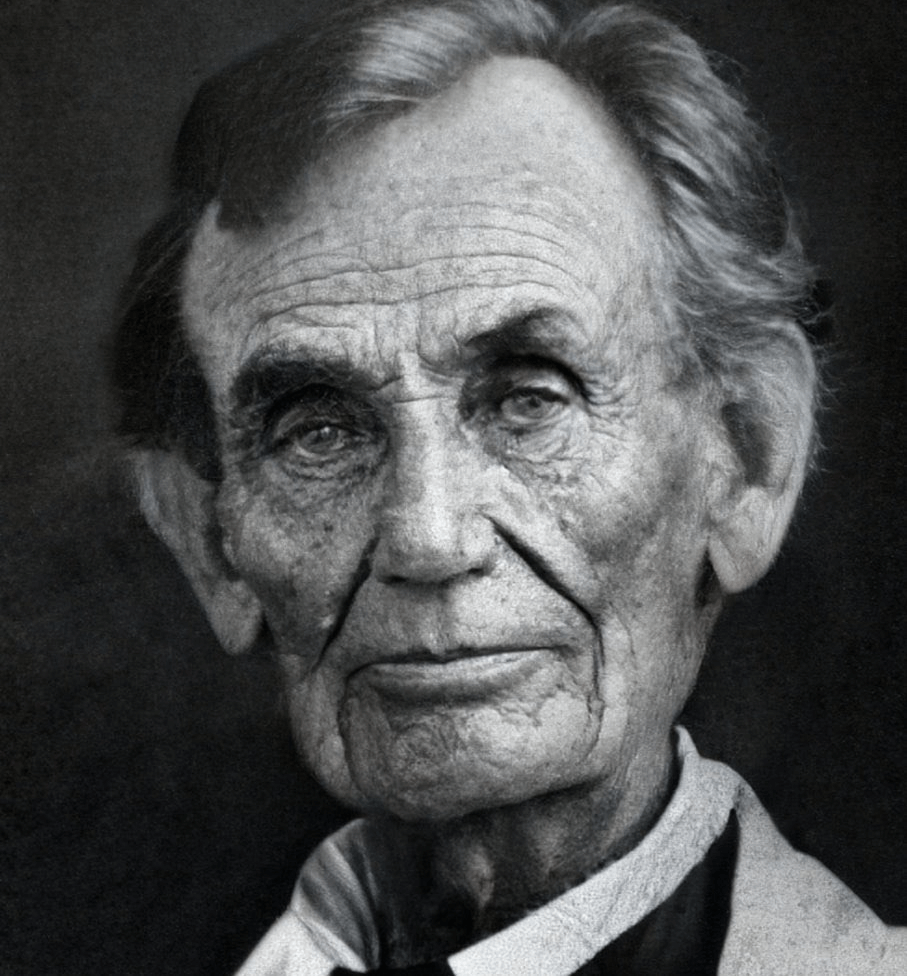This review appears in the Winter 2019 issue of Modern Age. To subscribe now, go here.
A Terrible Country
By Keith Gessen
(Viking, 2018)
When I started graduate school at the University of Chicago, there was a minor scandal involving a Facebook group where students would post anonymous, politically incorrect confessions. Some of the postings were intelligent and sincere, but enough of them were nasty that the administration was compelled to respond. Kicking off some new diversity initiatives, the university hired Tim Wise, the celebrated anti-racism writer and activist, to give a quasi-official reprimand in the form of a lecture. “If you’re not interrogating your lens, and how you see the world,” Wise told us at the time, “it’s very easy for you to end up perpetuating the marginalization of other people.”
A few years later, in the wake of the 2016 election, when scrolling through Twitter was like being an orderly at a war hospital for shell-shocked journalists, I was bemused to come across Tim Wise, who had some politically incorrect confessions of his own. The reports about Russian hacking operations had evidently provoked him. “[With] each new day I know why part of my family left [the] shithole of imperial Russia,” he tweeted. “Seriously when your contribution to the world is Fabergé eggs, autocracy and pogroms, no one should much care what you think.” For good measure, he added a misplaced Slav-baiting hashtag: #ComeAtMeBroski.
I thought of that outburst as Andrei Kaplan, the narrator of Keith Gessen’s second novel, A Terrible Country, tries to figure out what happened to his extended family during Russia’s violent postcommunist transformation. He has to piece together the shards of his grandmother’s memory, which are warped by dementia, but eventually he learns the story. His “Uncle Lev,” a geophysicist and oilman who married his grandma after her first husband died in the Second World War, had struck oil on the Yamal Peninsula in the Arctic. His small exploratory operation was immediately seized by one of its creditors, the petroleum giant RussOil. There were legal battles and appeals to the press, but it was no use. One of Lev’s colleagues was assaulted in front of his apartment, another was run over by a car (“perhaps accidentally”), and Lev himself was crippled by a stroke. The family was ruined, financially and otherwise. The Russian-born but American-raised Andrei is momentarily overwhelmed by the stupidity and suffering of Russian history: “Jesus, I thought. What a fucking shithole. What a fucked-up, good-for-nothing, awful country. Just like my grandmother always said.”
Russia has always been a foil for the American imagination. A century before the Cold War, Abraham Lincoln wrote to a friend that if the Know-Nothings gained control of the government, he would prefer emigrating “to some country where they make no pretence of loving liberty—to Russia . . . where despotism can be taken pure, and without the base alloy of hypocracy [sic].” The collapse of communism was supposed to annul this Russian/American dichotomy. The transformation of Russia into a stable, pro-Western, liberal democracy was a signature task of the Clinton administration. That transformation never happened, for reasons both internal and external. The “marketization” of the Russian economy was a kleptocratic fire sale, and the expansion of NATO into Eastern Europe had results that were better predicted by foreign-policy realism than by liberal internationalism: Russia became our adversary once again, a source of nationalistic outrage in the United States. Gessen himself, writing in the New York Times, has criticized the widespread “lack of nuance on the Russia question” and the recent embrace of “America’s new-old supervillain.”
Like his narrator, Gessen was born in Russia, and he moved with his family to the United States when he was six years old. His older sister is the crusading anti-Putin journalist Masha Gessen. He is best known as the cofounder of the literary magazine n+1, which aspired to be Partisan Review for the era of dating apps, drone warfare, and subprime lending. From the beginning it was distinguished by editorial savvy and quality control. (“In the future,” the editors wrote in 2004, “[this] will be seen as the time when some of the best people in our intellectual class gave their ‘critical support’ to a hubristic, suicidal adventure in Iraq.”) n+1 was also notable because the editors took an interest in socialism in the seemingly inauspicious years before the financial crisis. The magazine became involved with the Occupy Wall Street protests, and it should be regarded as one of the incubators of the socialist renaissance among younger, highly educated Americans. A Terrible Country is a product of that renaissance.
The novel’s setup is simple enough. It is the summer before the financial crisis, and Andrei Kaplan is a recent PhD with dim prospects. (Whereas Kingsley Amis’s protagonist in Lucky Jim tormented himself with risibly narrow topics like “the development of shipbuilding techniques, 1450–1485,” Andrei has the opposite problem. His area of focus, modernity and the Russian mind, is so vague his own adviser mocks him.) Andrei’s older brother Dima has to leave Russia for mysterious reasons, and he convinces Andrei to fly to Moscow to care for their grandmother in his absence. Having failed on the academic job market so far, Andrei hopes an extended stay in Russia will furnish him with material for an article and turn his professional fortunes around.
Gessen’s first novel, All the Sad Young Literary Men (2008), had a similar protagonist doing graduate work in Russian history. While Gessen seems sincerely drawn to the melancholic pedantry of graduate school, it is a rather convenient device for filling a novel with essaylets on Russian arcana. His characters are always being reminded of obscure Soviet films, Silver Age Russian poetry, or the Mensheviks. During one of these ruminations, Andrei helpfully draws our attention to a concept at the heart of the novel, which is historian Sheila Fitzpatrick’s definition of Homo Sovieticus: a “species whose most highly developed skills involved the hunting and gathering of scarce goods in an urban environment.” These remain necessary skills in contemporary Moscow, despite the Brooklynization of rents and coffee shops. This is especially true for the Muscovites who live in the vast obscurity beyond the city center, in hulking concrete developments. Gessen has a wry sense of humor, and the novel gets much of its comedy from the failure of Andrei Kaplan, Homo Americanus, to navigate the informal Russian economy and perform basic handiwork for his grandmother. The “long luxurious adolescence” of the contemporary American male has rendered him entirely ignorant of the physical world.
Andrei’s naivety is slightly unreal. He is surprised to learn that reality TV is often staged and is caught flat-footed when Russian dating sites turn out to be hubs for prostitution. When he attends a bookstore talk on neoliberalism, the message hits him with the force of a religious revelation. All things become clear. “Russia had always been late to the achievements and realizations of Western civilization,” he muses to himself during the talk. “Its lateness was its charm and its curse—it was as if Russia were a drug addict who received every concoction only after it was perfectly crystallized, maximally potent.” Neoliberal capitalism, more than Putinism, is the latest superdrug to hit the streets in Russia, and Andrei learns that it can be resisted only in the name of socialism.
It is hard to credit that a newly minted PhD would be thunderstruck by this kind of analysis. Graduate students in the humanities and social sciences are weaned on critiques of neoliberalism. The novel gives us a couple of reasons for Andrei’s insulation from socialist ideas up to that point. He comes from a family that managed to escape the Soviet Union, so he was raised by a reflexively pro-capitalist father. More interesting is the ethos of his Slavic department, which disapproves of the callow radicalism of other disciplines. “We were steeped in memories of the violent Revolution and its even more violent Stalinist sequel,” Andrei explains. “Whenever some bright-eyed grad student from the English department said ‘socialism,’ we reached for our bookshelves.” Naturally, Andrei’s most shrewd and successful colleague has made a handsome career out of “digitizing the Gulag.”
Andrei is also drawn to socialism out of what can only be described as cultural conservatism. The Russian liberals who oppose the Putin regime are repulsively jaded and unpatriotic. “It turned out they hated Russia,” Andrei discovers. “They sort of lived here, but they also sort of lived somewhere else. None of them watched Russian TV.” They make Andrei think of Gershom Scholem’s charge against Hannah Arendt’s Eichmann in Jerusalem. The book may have been “learned and acute,” but it was missing ahavat Israel—“ ‘a love of Israel,’ a love for her people.” This line of thought culminates in a dinner party, hilariously orchestrated by Gessen, during which Andrei erupts at the table, rebuking the liberals seated around him. “Russia is sick,” he tells them. “When someone is sick, they do not need criticism. They need help.” Andrei senses he is quoting somebody, but he can’t recall whom. He is mortified when someone points out that those words are Putin’s.
Andrei’s political consciousness sets him apart from his brother Dima, who was sixteen when the family left the Soviet Union. “I became an American,” Andrei says, “whereas Dima remained essentially Russian.” More than that, Dima functions as an avatar of the capitalist revolution that has swept through the country. His personal character—“impatient, aggressive, and aggrieved”—embodies the new social and economic dispensation. He enjoys some early success building a chain of gas stations near Moscow, but it remains a world in which revolutions eat their own. When Dima runs afoul of the family nemesis RussOil, his business is crushed and he is forced to leave the country.
The novel’s depiction of the brutality of Russian capitalism is highly effective. It made me think of Larry Summers, one of the American advisers tasked with shepherding Russia toward the end of history. “Spread the truth,” he proclaimed in 1991, “the laws of economics are like the laws of engineering. One set of laws works everywhere.” Summers wasn’t the first Westerner to learn that the laws of political economy in Russia—like the laws of warfare and of government—tend to be non-Euclidean.
Or perhaps that too is a Western illusion. Andrei joins a revolutionary socialist group called October whose working hypothesis is that the authoritarianism of the Putin regime can be best understood “in an international capitalist rather than a post-Soviet context.” Forget Russian history, they say. Look instead at Turkey, Mexico, and Egypt. Maybe this is just what capitalism looks like on the margins of the world system.
With the appearance of October, one expects A Terrible Country to ascend into a whirl of global intrigue, following the pattern of Jonathan Franzen’s Purity or the “hysterical realist” novels of twenty years ago. To Gessen’s credit, the story remains grounded in human interaction. Andrei’s relationship with his grandmother is powerfully affecting, perhaps the best depiction of dementia I have ever read. As it happens, she lives in an apartment given to her by Stalin (which is to say, in an apartment seized by Stalin from someone else). When Andrei unwittingly betrays his October comrades, in such a way that it redounds to the benefit of his academic career, he gets a faint approximation of what it must have been like for his grandmother and for millions of his countrymen. It was a daily choice between liquidation and complicity, and Andrei pays them the tribute of his weakness by opting for the latter. ♦
Timothy Crimmins is a graduate student in history at the University of Chicago.
Founded in 1957 by the great Russell Kirk, Modern Age is the forum for stimulating debate and discussion of the most important ideas of concern to conservatives of all stripes. It plays a vital role in these contentious, confusing times by applying timeless principles to the specific conditions and crises of our age—to what Kirk, in the inaugural issue, called “the great moral and social and political and economic and literary questions of the hour.”
Subscribe to Modern Age »













